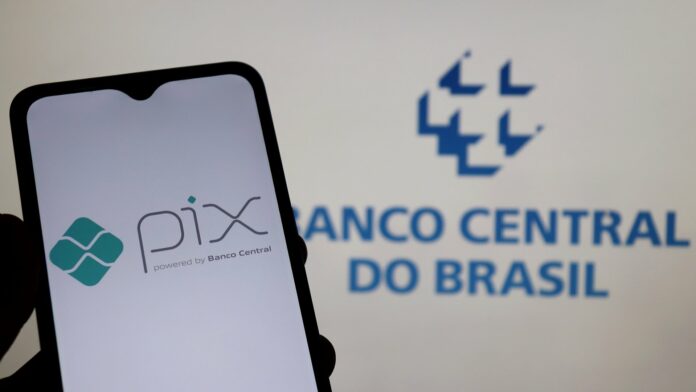In just three years, PIX has risen to the top of the list of payment options that consumers and businesses prefer. Banco Central do Brasil put a lot of effort into it, and it paid off.
Before PIX was released in October 2020, BACEN prohibited WhatsApp from accepting Mastercard and Visa payments through its app. In Brazil, WhatsApp intended to be used as a payment method.
The ruling was made in response to a complaint that a few of Brazil’s largest banks filed with the Central Bank, claiming that allowing WhatsApp to take on the role of a payment initiator would be unfair competition.
A little while later, in September 2022, BACEN sets a maximum amount that card schemes are permitted to charge for interchange fees associated with debit and pre-paid card transactions.
These two important decisions contributed with PIX’s growth because:
- It is estimated that there are 147 million active WhatsApp users in Brazil; to make instant transfers and payments, they would have to pick between PIX and WhatsApp, which would be in the lead.
- Additionally, capping interchange fees for debit and pre-paid cards discourages fintechs from creating potential rivals to PIX.
To accelerate the creation of future services like PIX Credit, PIX International, and PIX Installments, PIX will rely on Open Finance.
PIX payment through NFC is one of the most ambitious plans, and it has the potential for changing the game. You heard correctly. PIX could be available through Samsung Pay and Apple Pay.
It will be revolutionary since it would solve the main issue that PIX faces, which is having too many steps to finish a payment transaction.
Roberto Campos Neto, President of the Central Bank, announced in October 2023 that Pix is now available for usage in the United States, Portugal, France, Chile, and Argentina, among other nations.
With Brazil serving as its main framework, PIX is laying the foundation for significant technological advancements, and I anticipate that BACEN will create features that will rival Visa and Mastercard in Brazil.











